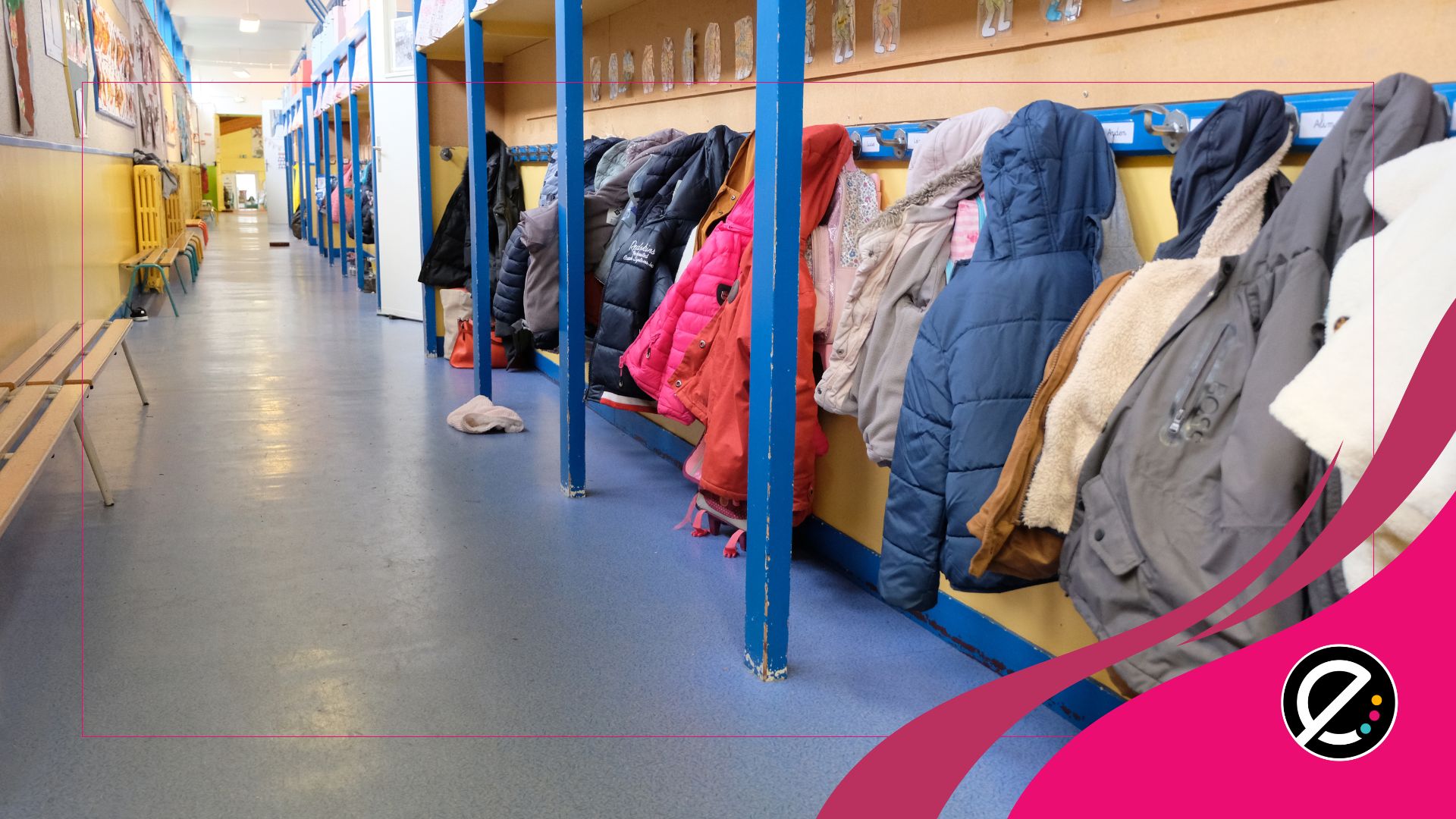Les jeux vidéo améliorent-ils l’apprentissage? Sont-ils bénéfiques pour le capital social des élèves? Par où commencer pour les utiliser? À quels défis doit-on s’attendre? Que peut-on dire aux parents sceptiques face à leur utilisation dans un contexte éducatif? Une spécialiste répond à ces 5 questions.
L’utilisation des jeux vidéo à des fins éducatives gagne en popularité. Des études stipulent notamment que leurs caractéristiques pourraient améliorer l’apprentissage. Face à phénomène, plusieurs personnes, autant des intervenants du milieu de l’éducation que des parents, s’interrogent sur leur potentiel pédagogique.
Professeure au Department of Curriculum and Instruction de l’École de l’éducation de l’Université St-John’s dans l’État de New York, Sandra Schamroth Abrahms se spécialise dans l’utilisation des jeux vidéo à des fins d’apprentissage chez les adolescents. Lors d’une récente entrevue accordée au magazine THE Journal, 5 questions à cet effet lui ont été posées.
À la question pourquoi les jeux vidéo améliorent-ils l’apprentissage, Mme Abrahms explique que la compétition et la collaboration qu’ils impliquent peuvent avoir des effets bénéfiques sur la motivation. Elle ajoute que le jeu vidéo repose souvent sur l’essai et l’erreur, une dynamique importante dans le processus d’apprentissage. Aussi, ils peuvent plonger les joueurs dans un univers spécifique et mieux leur faire comprendre certaines notions, comme le contexte historique. À ce titre, elle a donné l’exemple du jeu Minecraft, qui peut être utilisé pour créer des architectures de l’Antiquité, et de Rise of Nations, qui peut, par ricochet, intéresser les jeunes à l’histoire.
Du côté du développement du capital social des élèves, Mme Abrahms croit qu’il y a un effet de communauté, d’entraînement et d’engouement dans les jeux vidéo. Cet engouement, à son avis, demeure le même lorsque les jeux ont des visées éducatives. Par ricochet, l’effet d’entraînement augmente l’utilisation, ce qui augmente le nombre d’apprenants en situation d’apprentissage. Les joueurs s’entraident et collaborent. Elle donne aussi l’exemple d’un enfant plutôt reclus qui est maintenant sollicité en classe en raison de ses compétences en jeu vidéo.
Par où commencer si l’on veut utiliser les jeux vidéo dans sa classe? Il faut d’abord déterminer ce qu’on vise à enseigner et identifier la raison pour laquelle on souhaite utiliser des jeux vidéo pour le faire, répond la chercheuse. L’apprentissage par le jeu nécessite d’apporter des modifications à son enseignement, comme la rétroaction, qui lui est inhérente.
Du côté des défis pour l’enseignant, s’il faut s’attendre à quelques problèmes techniques lorsqu’on utilise la technologie en classe, il en va de même pour les jeux vidéo, explique Mme Abrahms. Il faut aussi éviter de penser que tous les élèves, en raison de leur jeune âge, seront d’emblée intéressés.
Finalement, on a demandé à la chercheuse comment gérer les réactions des parents sceptiques. Elle recommande la démonstration aux parents afin qu’ils réalisent les bénéfices scolaires, sociaux et émotionnels de ce genre de jeux. Elle ajoute qu’il est essentiel que les parents s’intéressent aux activités pédagogiques impliquant le jeu vidéo afin de mieux percevoir leur caractère éducatif et leurs impacts sur l’apprentissage de leurs enfants.






